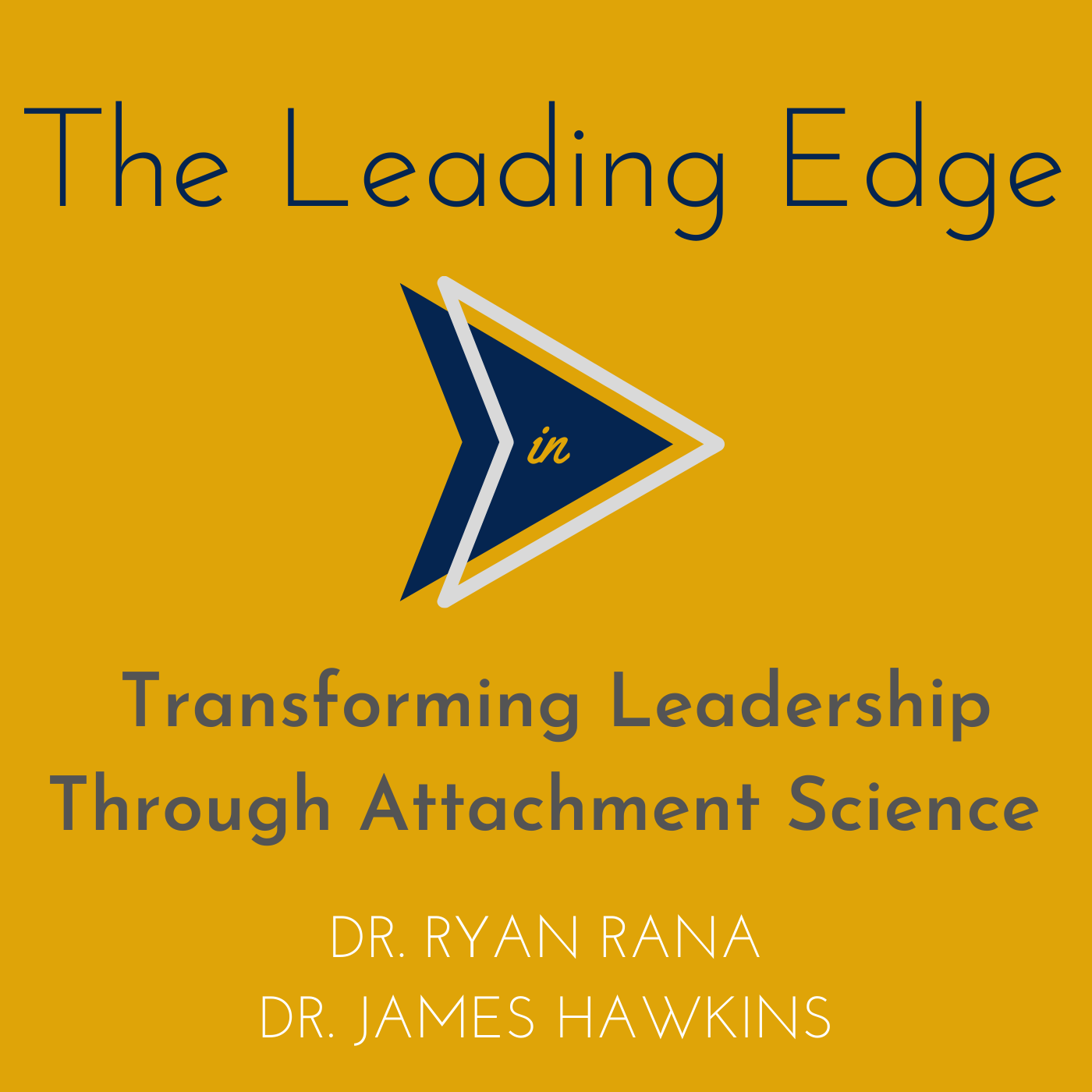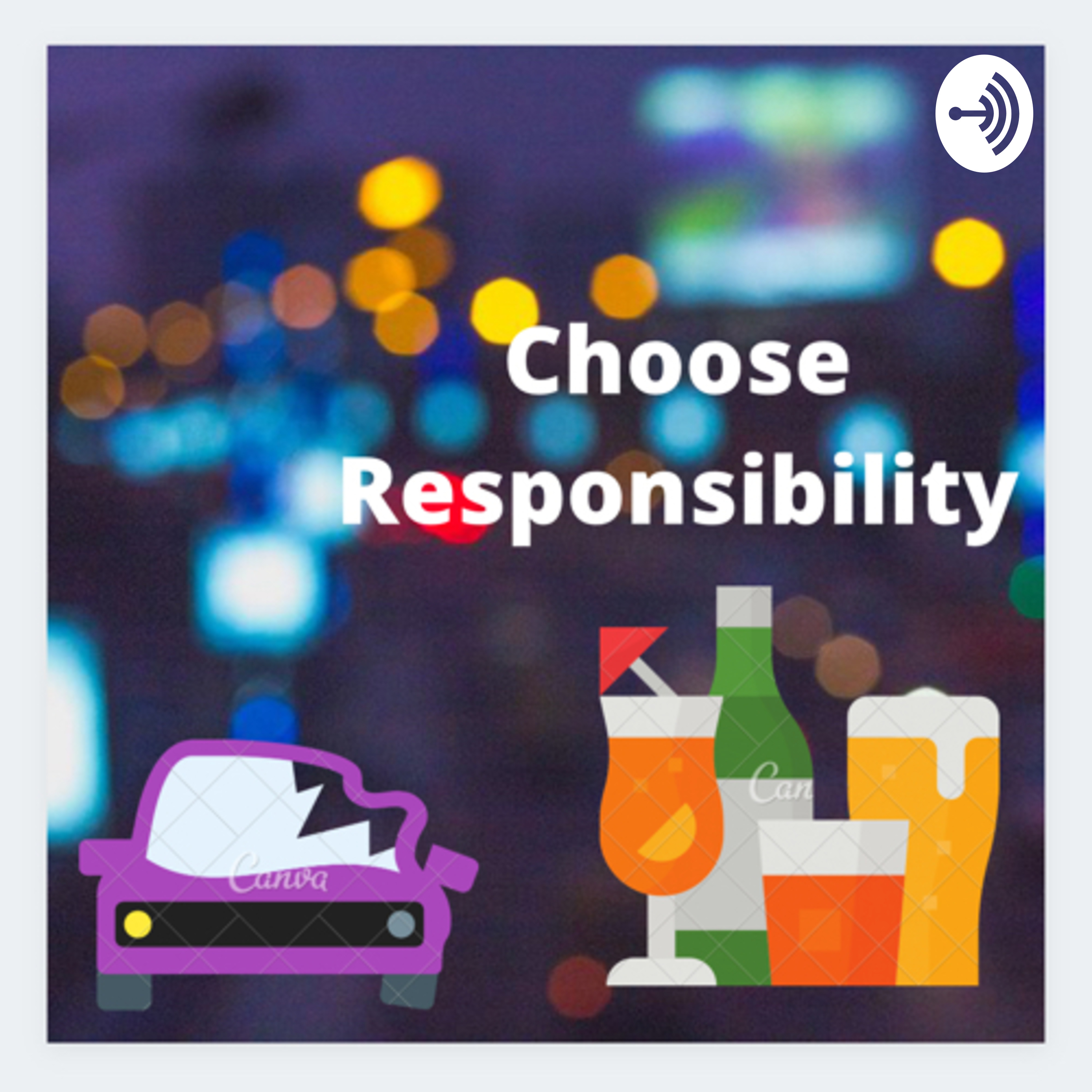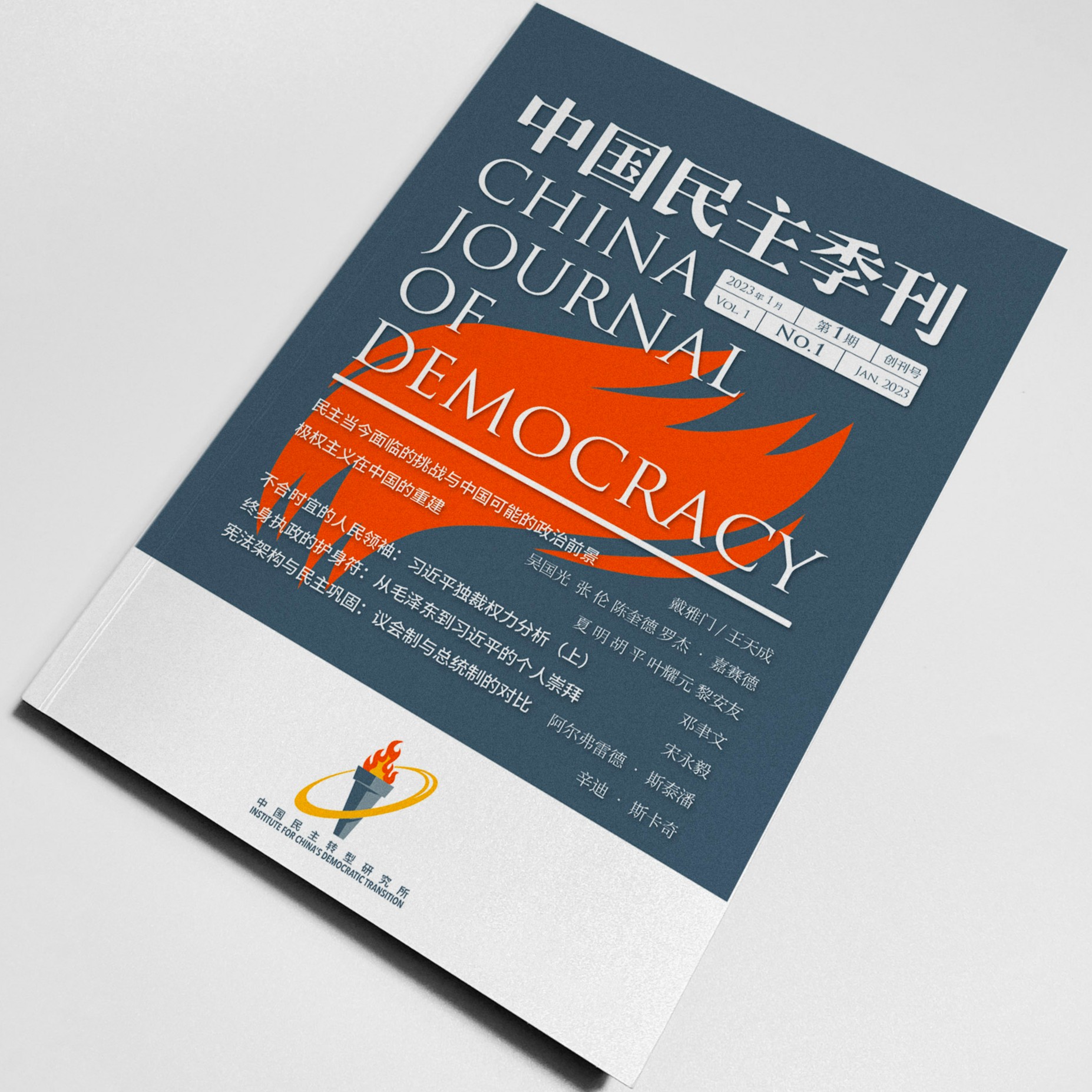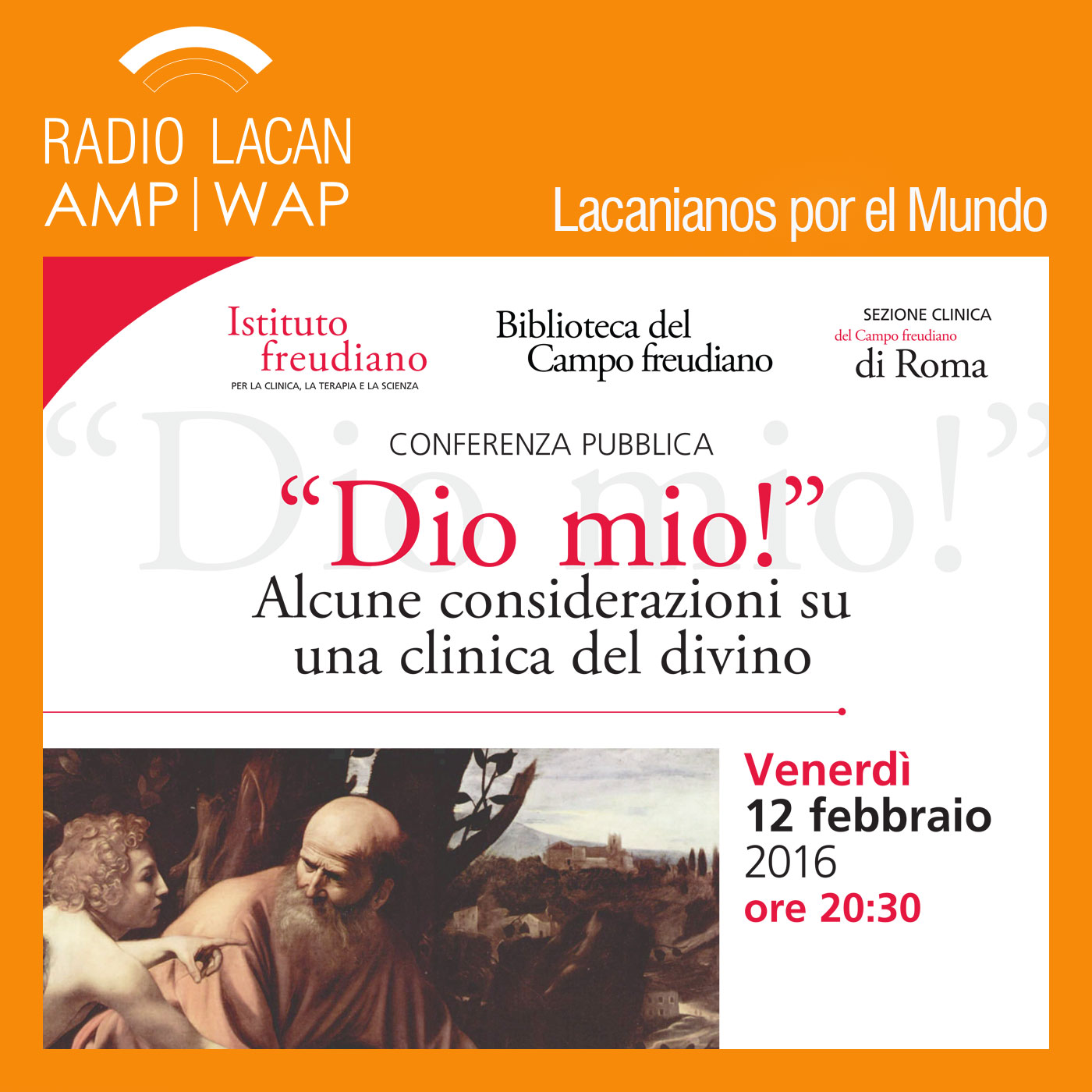 |
languagingHRAuthor: lhr
A monthly podcast in which Jill Winkowski and Prue Salasky explore life and language in Hampton Roads, Virginia. Language: en-us Genres: Science, Social Sciences Contact email: Get it Feed URL: Get it iTunes ID: Get it |
Listen Now...
Ep. 20 Bonus: An Interview with Clay Jenkinson (unfiltered) aka Thomas Jefferson
Sunday, 14 December, 2025
Title: Languaging in Hampton RoadsEpisode 20 Bonus: Interview with Clay Jenkinson (unfiltered) on being Thomas JeffersonHosts: Jill Winkowski and Prue SalaskyDate: Dec. 15, 2025Length: 45 minutesPublication Frequency: Monthly (approx)In this bonus episode, we talk to Clay Jenkinson, humanities scholar and longtime host of The Thomas Jefferson Hour (now Talking with America, ltamerica.org ) on National Public Radio, about how he portrays the nation’s 3rd president and author of the Declaration of Independence.In a 90-minute interview, edited to 45 minutes, Jenkinson describes both his vast admiration for Jefferson, his political ideas and his writings, and the impossibility of reconciling the Founding Father’s words about liberty and equality with the fact that he owned 600 slaves over his lifetime. The hypocrisy and inherent conflict is one reason that Jenkinson finds the character interesting. He has studied and portrayed Jefferson for more than 40 years. He notes that the Virginian who had a 34-year affair with one of his slaves, Sally Hemings, maintained a wall of silence about slavery that his friends and political contemporaries never challenged.Other conflicted characters that Jenkinson portrays include Meriwether Lewis, Robert J. Oppenheimer, and John Steinbeck.Jenkinson explains the 3-part Chautauquan method he developed in the 1970s to interpret historical figures: an unscripted monologue, followed by a Q and A in character, followed by breaking character and speaking as himself. Three years ago, as Jefferson became increasingly persona non grata with the public, Jenkinson changed the title of his show to Talking to America. He talks of the necessity but also his regret and his belief in the “whole person” approach – and mostly he believes that people today have a lot to learn from Jefferson. He dubs himself a Jeffersonian and expresses deep concern about the current political climate in the U.S. Jenkinson is the director of The Dakota Institute and is teaching courses on the U.S. Constitution and the fall of the Roman Republic.For more on Jenkinson and his use of 18th century language in his interpretation of Thomas Jefferson, listen to Ep. 20: Talk like a Revolutionary! Be Polite! https://podcasts.apple.com/us/podcast/languaginghr/id1727246364?i=1000734616760Send us feedback and questions at languagingHR@gmail.com; and for more information and to access all our past episodes, check out our website at languagingHR.wordpress.comLanguagingHR is available free on Spotify, Apple Podcasts, and iHeartRadio. Don’t forget to like, follow, and subscribe!












